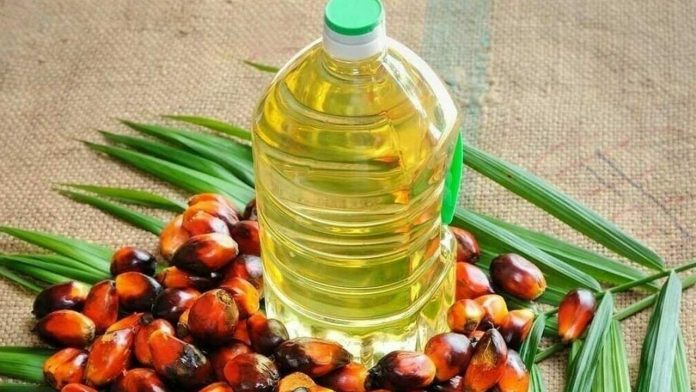AFP ||
Indonesia’s decision to suspend palm oil exports in the face of domestic shortages has pushed vegetable oil prices to new highs, further tightening a market already on edge due to the war in Ukraine and global warming.
The prices of palm, soybean, European rapeseed and even its Canadian GMO counterpart, canola oil, have reached historic highs following Indonesia’s announcement on Wednesday.
“We already had problems with soybeans in South America, with canola in Canada,” said Philippe Chalmin, an economics professor at Paris-Dauphine University in France, stating that both crops had been severely affected by extended droughts.
Then came devastation for the “sunflowers in Ukraine” due to Russia’s destructive invasion, he added.
Palm oil is the most consumed vegetable oil in the world, and Indonesia accounts for 35 percent of global exports, according to James Fry, chairman of LMC consulting firm.
Indonesia’s export ban is designed to bring down prices in the country and limit shortages, according to authorities.
Europe passed a directive in 2018 excluding palm oil from renewable energy targets by 2030. Some of the bloc’s countries, including France, have already stopped using it.
Despite the current turmoil, Indonesia and Malaysia, the world’s second-largest exporter, have maintained their respective programs blending palm oil in their biofuels.
To make matters worse, many of the major palm oil importers, mainly Egypt, Bangladesh and Pakistan, have seen their currencies depreciate significantly in recent months, said Michael Zuzolo, president of Global Commodity Analytics and Consulting.
Some major oilseed exporters such as the United States and Brazil have, meanwhile, experienced the opposite, with the dollar reaching multi-year highs.
Get Published Today
Email: uzalendonews24@gmail.com to submit your story.
SUBSCRIBE TO OUR YOUTUBE CHANNEL



















